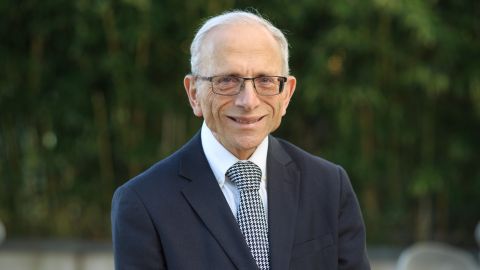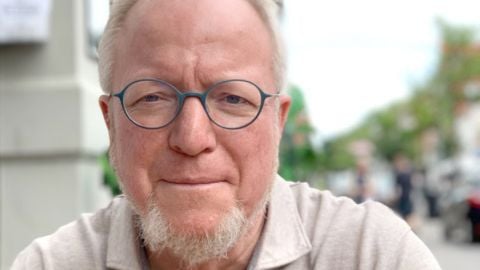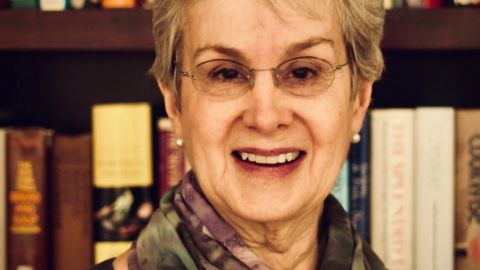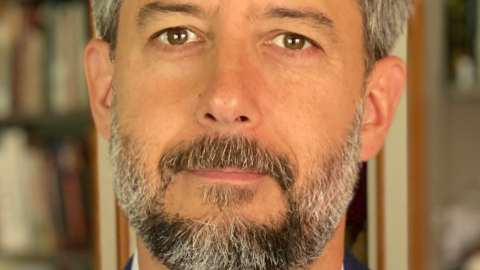Konstantinos P. Kavafis–known to the English-reading world as C. P. Cavafy–has been internationally recognized as an important poet and attracted the admiration of eminent literary figures such as E. M. Forster, F. T. Marinetti, W. H. Auden, George Seferis, and James Merrill. Cavafy’s idiosyncratic poetry remains one of the most influential and perplexing voices of European modernism.
Focusing on Cavafy’s intriguing work, this book navigates new territories in critical theory and offers an interdisciplinary study of the construction of (homo)erotic desire in poetry in terms of metonymic discourse and anti-economic libidinal modalities. Panagiotis Roilos shows that problematizations of art production, market economy, and trafficability of erôs in diverse late nineteenth- and early twentieth-century European sociocultural and political contexts were re-articulated in Cavafy’s poetry in new subversive ways that promoted an “unorthodox” discursive and libidinal anti-economy of jouissance.
Panagiotis Roilos was born and raised in Greece. He studied at the University of Athens (B.A./Ptychion in Classics, Byzantine, and Modern Greek Literature, 1991) and Harvard University (Ph.D., 1999). Professor Roilos’ publications and research interests center upon comparative poetics, postclassical Greek literature, historical and cognitive anthropology of premodern Greek culture, reception studies, medieval and modern literary theory, ritual theory, orality and literacy, European aestheticism (with a focus on Greek and British literature), German Romanticism and the classics, and the Enlightenment.
Image courtesy of interviewee. July 26, 2017






